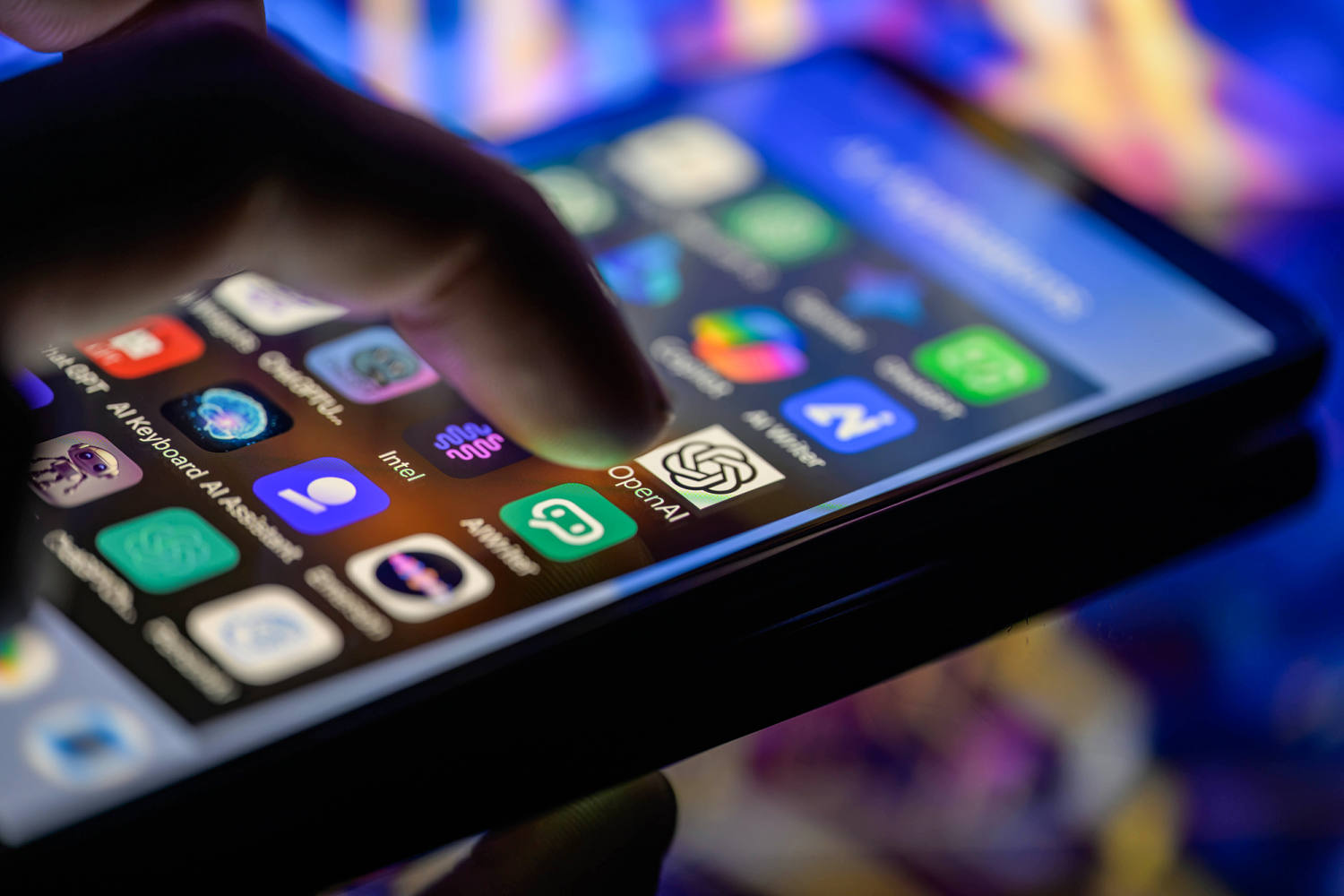
A federal appeals court ruled that art created autonomously by artificial intelligence cannot be copyrighted, saying that at least initial human authorship is required for a copyright.
The ruling Tuesday upheld a decision by the U.S. Copyright Office denying computer scientist Stephen Thaler a copyright for the painting “A Recent Entrance to Paradise.”
The picture was created by Thaler’s AI platform, the “Creativity Machine.”
The “Copyright Office’s longstanding rule requiring a human author … does not prohibit copyrighting work that was made by or with the assistance of artificial intelligence,” a three-judge panel of the U.S. Circuit Court of Appeals for the District of Columbia said in its unanimous ruling.
“The rule requires only that the author of that work be a human being — the person who created, operated, or use artificial intelligence — and not the machine itself,” the panel said.
The panel noted that the Copyright Office “has allowed the registration of works made by human authors who use artificial intelligence.”
Copyright grants intellectual property protection to original works, giving their owners exclusive rights to reproduce the works, sell the works, rent them and display them.
Tuesday’s ruling hinged on the fact that Thaler listed the “Creativity Machine” as the sole “author” of “A Recent Entrance to Paradise” when he submitted a registration application to the Copyright Office in 2018.
Thaler listed himself as the picture’s owner in the application.
Thaler told CNBC in an interview that the Creativity Machine created the painting “on its own” in 2012.
The machine “learned cumulatively, and I was the parent, and I was basically tutoring it,” Thaler said.
“It actually generated [the painting] on its own as it mediated,” said Thaler.
He said his AI machines are “sentients” and “self-determining.”
Thaler’s lawyer, Ryan Abbott, told CNBC in an interview said, “We do strongly disagree with the appeals court decision and plan to appeal it.”
Abbott said he would first ask the full judicial lineup of the Circuit Court of Appeals to rehear the case. If that appeal is unsuccessful, Abbott could ask the U.S. Supreme Court to consider the issue.
The attorney said the case detailed “the first publicized rejection” by the Copyright Office “on the basis” of the claim that a work was created by AI.
That denial and the subsequent court rulings in the office’s favor, “creates a huge shadow on the creative community” he said, because “it’s not clear where the line is” delineating when a work created by or with the help of AI will be denied a copyright.
Despite the ruling, Abbott said he “was very pleased to see that the case has been successful in drawing public attention to these very important public policy issues.”
AI court fight
The Copyright Office first denied Thaler’s application in August 2019, saying, “We cannot register this work because it lacks the human authorship necessary to support a copyright claim.”
“According to your application this work was ’created autonomously by machine,” the office said at the time.
The office cited an 1884 ruling by the Supreme Court, which found that Congress had the right to extend copyright protection to a photograph, in that case one taken of the author Oscar Wilde.
The office later rejected two requests by Thaler for reconsideration of its decision.
After the second denial, in 2022, Thaler sued the office in U.S. District Court in Washington, D.C., seeking to reverse the decision.
District Court Judge Beryl Howell in August 2023 ruled in favor of the Copyright Office, writing, “Defendants are correct that human authorship is an essential part of a valid copyright claim.”
“Human authorship is a bedrock requirement of copyright,” Howell wrote.
Thaler then appealed Howell’s ruling to the D.C. Circuit Court of Appeals.
In its decision Tuesday, the appeals panel wrote, “This case presents a question made salient by recent advances in artificial intelligence: Can a non-human machine be an author under the Copyright Act of 1976?”
“The use of artificial intelligence to produce original work is rapidly increasing across industries and creative fields,” the decision noted.
“Who — or what — the ‘author’ of such work is a question that implicates important property rights undergirding growth and creative innovation.”
The ruling noted that Thaler had argued that the Copyright Office’s human authorship requirement “is unconstitutional and unsupported by either statute or case law.”
Thaler also “claimed that judicial opinions ‘from the Gilded Age’ could not settle the question of whether computer generated works are copyrightable today,” the ruling noted.
But the appeals panel said that “authors are at the center of the Copyright Act,” and that “traditional tools of statutory interpretation show that within the meaning of the Copyright Act, ‘author’ refers only to human beings.”
The panel said that the Copyright Office “formally adopted the human authorship requirement in 1973.”
That was six years after the office noted in its annual report to Congress that, “as computer technology develops and becomes more sophisticated, difficult questions of authorship are emerging.”
Abbott, the attorney who represented Thaler in the appeal, told CNBC that the Copyright Act “never says” that “you need a human author at all for a work … or a named author.”
Abbott noted that corporations are granted copyrights, as are authors who are anonymous or pseudonymous.
Protecting a ‘beautiful picture’
The Copyright Office, in a statement to CNBC, said it “believes the court reached the correct result, affirming the Office’s registration decision and confirming that human authorship is required for copyright.”
Thaler said that he will continue to pursue his bid for a copyright for the painting.
“My personal goal is not to preserve the feeling of machines,” Thaler said. “It’s more to preserve, how should I say, orphaned intellectual property.”
“A machine creates a beautiful picture? There should be some protection for it,” Thaler said.
